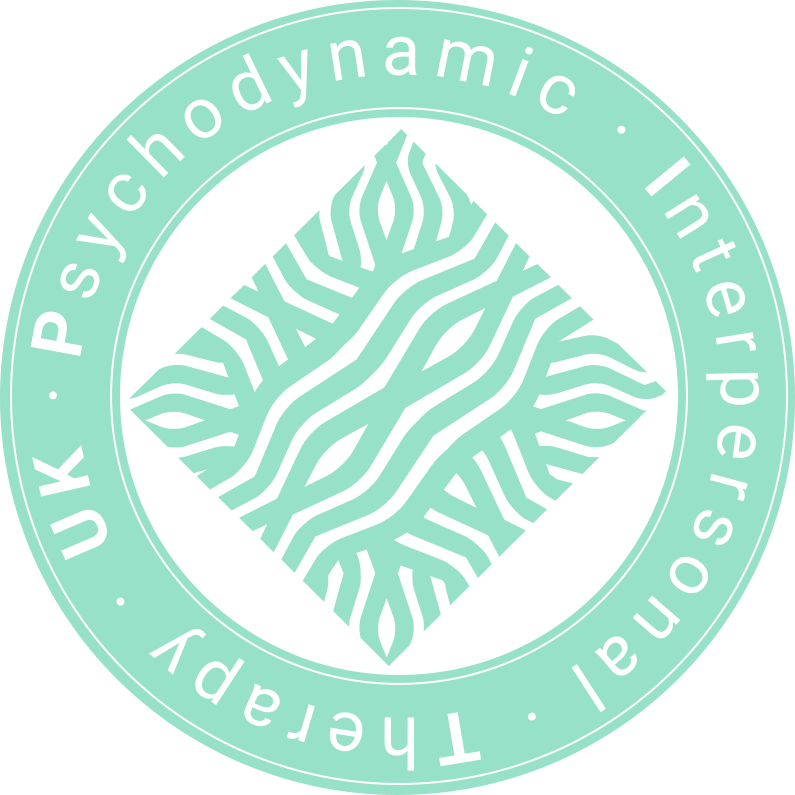Welcome to the Psychodynamic Interpersonal Therapy UK website. This site has been set up as a source of information about PIT for patients and professionals who would like to know more about this form of psychological treatment.
What is Psychodynamic Interpersonal Therapy (PIT)?
 PIT is a type of psychological treatment that has been shown to help people with a range of different problems, such as depression, self-harm, relationship difficulties, personality disturbance and functional (or so-called “medically unexplained”) symptoms. Many people still refer to PIT by its original name – the “conversational model” – because the therapy takes the form of an in-depth conversation between two people (client and therapist), in which the client’s difficulties are explored and hopefully resolved. PIT places particular emphasis on being an accessible, almost entirely jargon-free form of psychological treatment. When used in the NHS, it is typically practised as a brief therapy, but it can also be used as a longer-term relational therapy. Research shows that it is both clinically efficacious and cost-effective See Research page
PIT is a type of psychological treatment that has been shown to help people with a range of different problems, such as depression, self-harm, relationship difficulties, personality disturbance and functional (or so-called “medically unexplained”) symptoms. Many people still refer to PIT by its original name – the “conversational model” – because the therapy takes the form of an in-depth conversation between two people (client and therapist), in which the client’s difficulties are explored and hopefully resolved. PIT places particular emphasis on being an accessible, almost entirely jargon-free form of psychological treatment. When used in the NHS, it is typically practised as a brief therapy, but it can also be used as a longer-term relational therapy. Research shows that it is both clinically efficacious and cost-effective See Research page
For a straightforward introduction to what PIT involves, designed specifically with patients and carers in mind, please click here. A more technical description of the theory behind PIT and its main practical components can be found here.
History of PIT

The conversational model was developed in the 1970s and 1980s by the British psychiatrist and psychotherapist Robert F. Hobson, in collaboration with the Australian psychiatrist and psychotherapist Russell Meares. It was subsequently renamed PIT by UK researchers, who sought to formalise the method and obtain funding for large scale clinical trials of the approach. PIT now has one of the best evidence bases of all the psychodynamic therapies, with its benefits as a psychological treatment being demonstrated in several randomised clinical trials and other research studies.
About the PIT -UK
 The PIT Special Interest Group (UK) was established in Manchester in 2008 by a group of psychiatrists, psychologists and psychotherapists with a particular interest in using, developing, researching and promoting PIT as a psychological treatment. We meet every two months and hold regular events for professionals who are interested in learning more about PIT. Meetings and other events are normally held in Manchester, at Gaskell House, GMMH NHS Foundation Trust. All eligible professionals are welcome to join the group and it is free to do so.
The PIT Special Interest Group (UK) was established in Manchester in 2008 by a group of psychiatrists, psychologists and psychotherapists with a particular interest in using, developing, researching and promoting PIT as a psychological treatment. We meet every two months and hold regular events for professionals who are interested in learning more about PIT. Meetings and other events are normally held in Manchester, at Gaskell House, GMMH NHS Foundation Trust. All eligible professionals are welcome to join the group and it is free to do so.
 Due to its geographical origins, many of the clinicians who use PIT are based in the North and Northwest of England, which is where most of the research and training on PIT has historically taken place. Nevertheless, there is a growing network of clinicians across the UK who use PIT, with centres in Birmingham, Oxford, Exeter and elsewhere. The approach is also widely used in Australia, where it continues to be referred to as the conversational model. There are some small differences between the British and Australian versions of the model, but they are generally regarded as closely linked.
Due to its geographical origins, many of the clinicians who use PIT are based in the North and Northwest of England, which is where most of the research and training on PIT has historically taken place. Nevertheless, there is a growing network of clinicians across the UK who use PIT, with centres in Birmingham, Oxford, Exeter and elsewhere. The approach is also widely used in Australia, where it continues to be referred to as the conversational model. There are some small differences between the British and Australian versions of the model, but they are generally regarded as closely linked.
About this website
This website provides a range of PIT-related information and resources, as well as details of recent developments in PIT and forthcoming events. We provide accessible information about PIT for patients and other people who do not have a background in psychological therapy. For professionals, we also provide technical information about the theory and practice of PIT, links to PIT research papers, information about training and supervision in PIT, links to relevant websites and details of how to become a member of PIT-UK.
The members’ area will soon be able to download various PIT-related resources, including articles, manuals for particular clinical presentations, adherence and competence scales, lectures on PIT and information on taching resources including video films.

